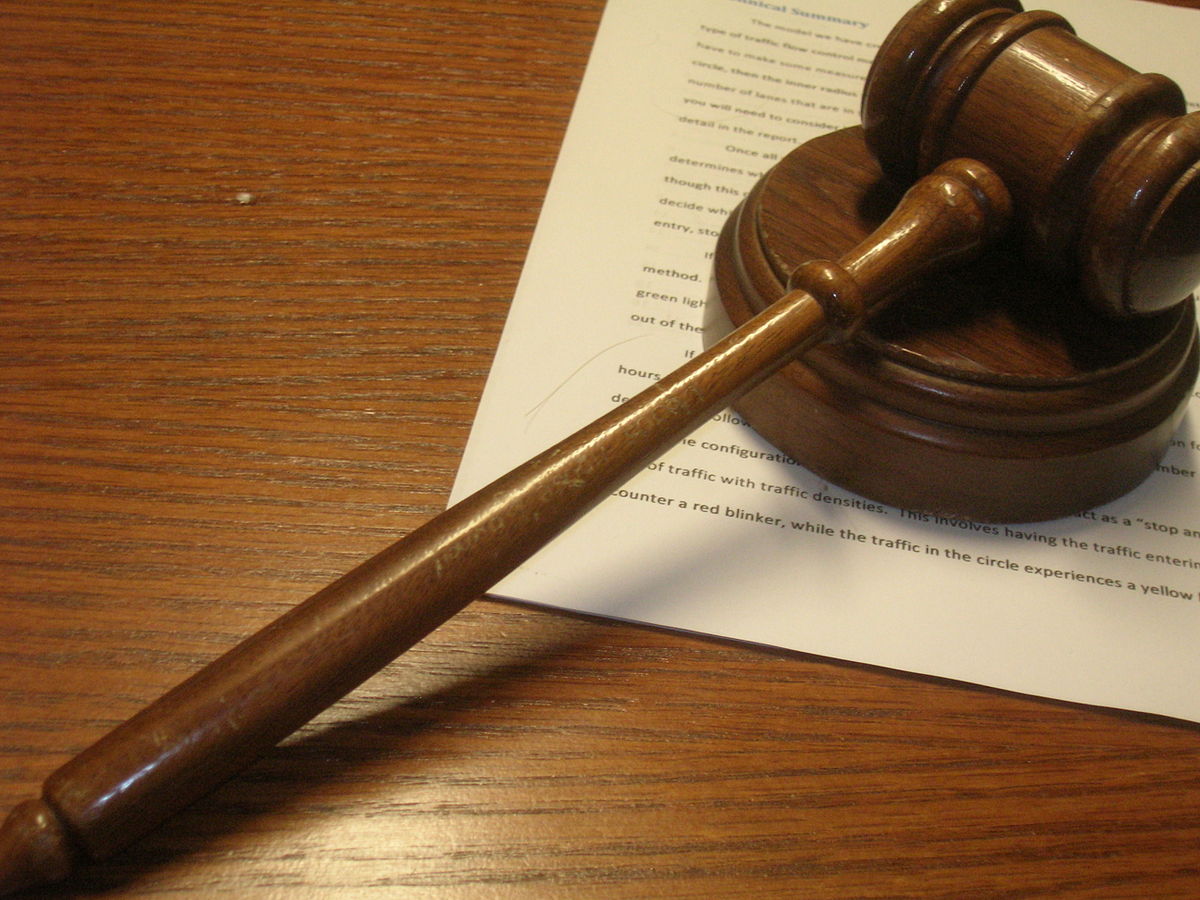Attorneys for the “modders” say that Grand Theft Auto III and Grand Theft Auto: Vice City were unplayable without modifications.
Attorneys for a group of programmers who tried to reverse-engineer Grand Theft Auto’s source code have responded to a lawsuit filed by game publisher Take-Two Interactive Software.
According to Kotaku, the defendants “flatly” denied all allegations of wrongdoing, saying their work is protected as fair use under the Copyright Act.
Kotaku notes that the lawsuit was filed earlier this year, after several “modders” released re3 and reVC, which reverse-engineered the source codes for Grand Theft Auto III and Grand Theft Auto: Vice City, respectively.
Both projects intended to address and amend long-standing issues with the games; they also presented an opportunity for other programmers to port Grand Theft Auto onto new platforms, such as Nintendo Switch and PlayStation Vita.
However, two weeks after re3 and reVC were released, Take-Two Interactive issued DMCA take-down notices.
While the programmers first reacted by immediately removing their content, they later issued counter-claims and said the removals had been a mistake.

After re3 and reVC were re-uploaded, Take-Two Interactive filed a lawsuit for more than $300,000 in damages, saying that the recreated games caused the company “irreparable harm.”
Now, an attorney for the modders says their work was protected by federal law.
“Any complained [sic] of copying and copyright protected material that did occur, if any, was undertaken to allow for interoperability of software and fixing ‘bugs,’” says the defendants’ documents submission. “Such actions, comprising reverse engineering, are a transformative use.”
The same document observes that neither Take-Two nor G.T.A. developer Rockstar Games have released any patches for Grand Theft Auto III or Vice City, both of which are now decades-old.
Furthermore, neither game is even legally purchasable: they have long since been removed from the publisher’s store, as well as third-party games sales platforms like Steam.
“Upon information and belief, any complained of copying of copyright protected material that did occur, if any, did not affect the market for the complained of software,” the document states. “Any complained of copying of copyright protected material that did occur, if any, was not undertaken for profit or commercial purposes.”
The modders also claim that Rockstar has, in the past, allowed and encouraged programmers to “mod” its games.
Now, the modders say that Rockstar’s prior permissibility granted them an “implied license.”
Kotaku notes that Take-Two’s lawsuit “comes at a time when the gaming community’s opinion of the company is already at an all-time low,” following the company’s release of Grand Theft Auto: The Trilogy.
The Trilogy, says Kotaku, was an “unmitigated disaster of bugs and glitches.”
Ironically, Kotaku suggests that the Trilogy is scarcely playable without the use of mods.
Sources
GTA Modders File Counterclaim Against Take-Two Lawsuit
Modders Fight GTA Lawsuit As ‘Definitive’ Bundle Crashes And Burns


Join the conversation!